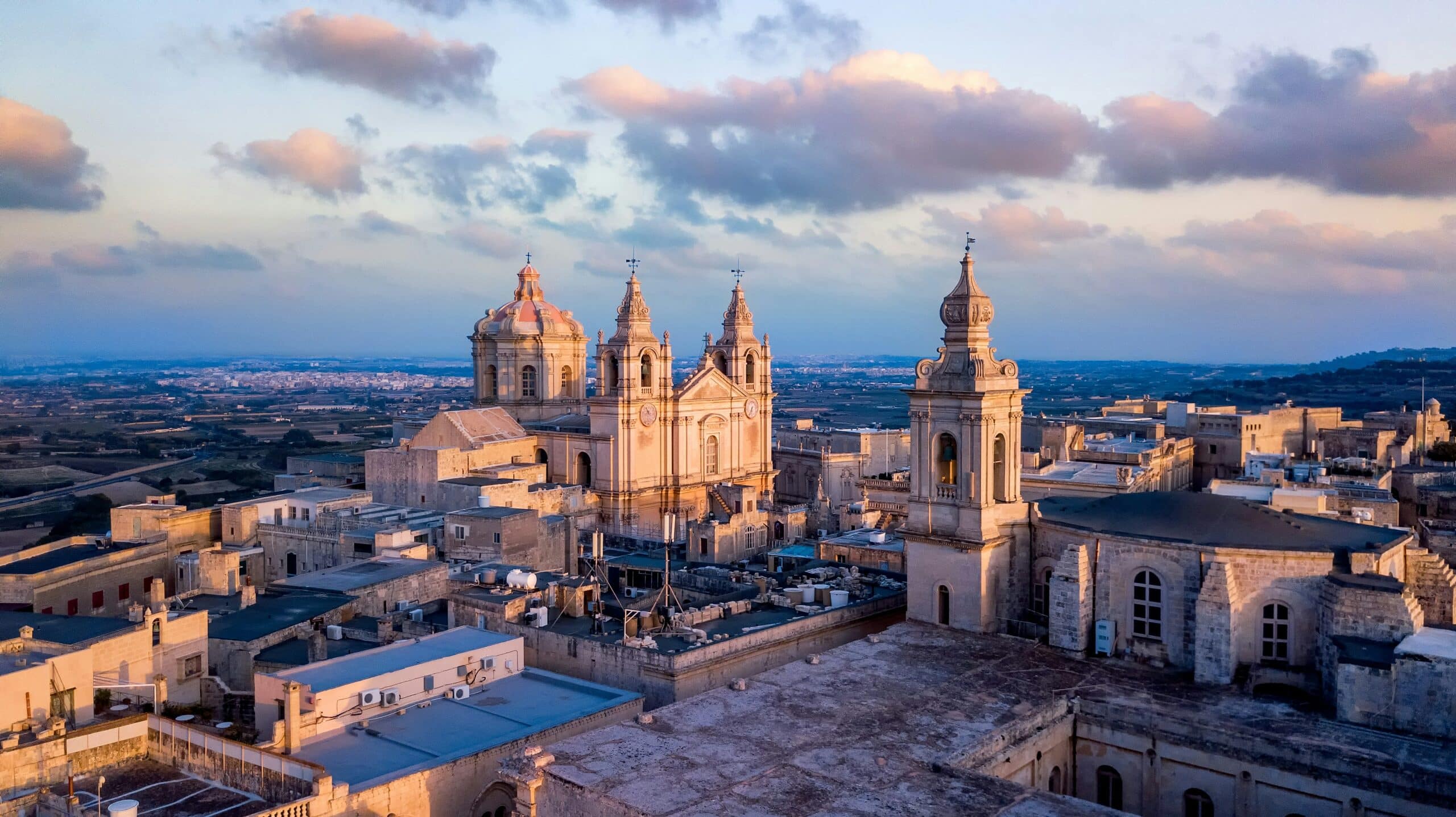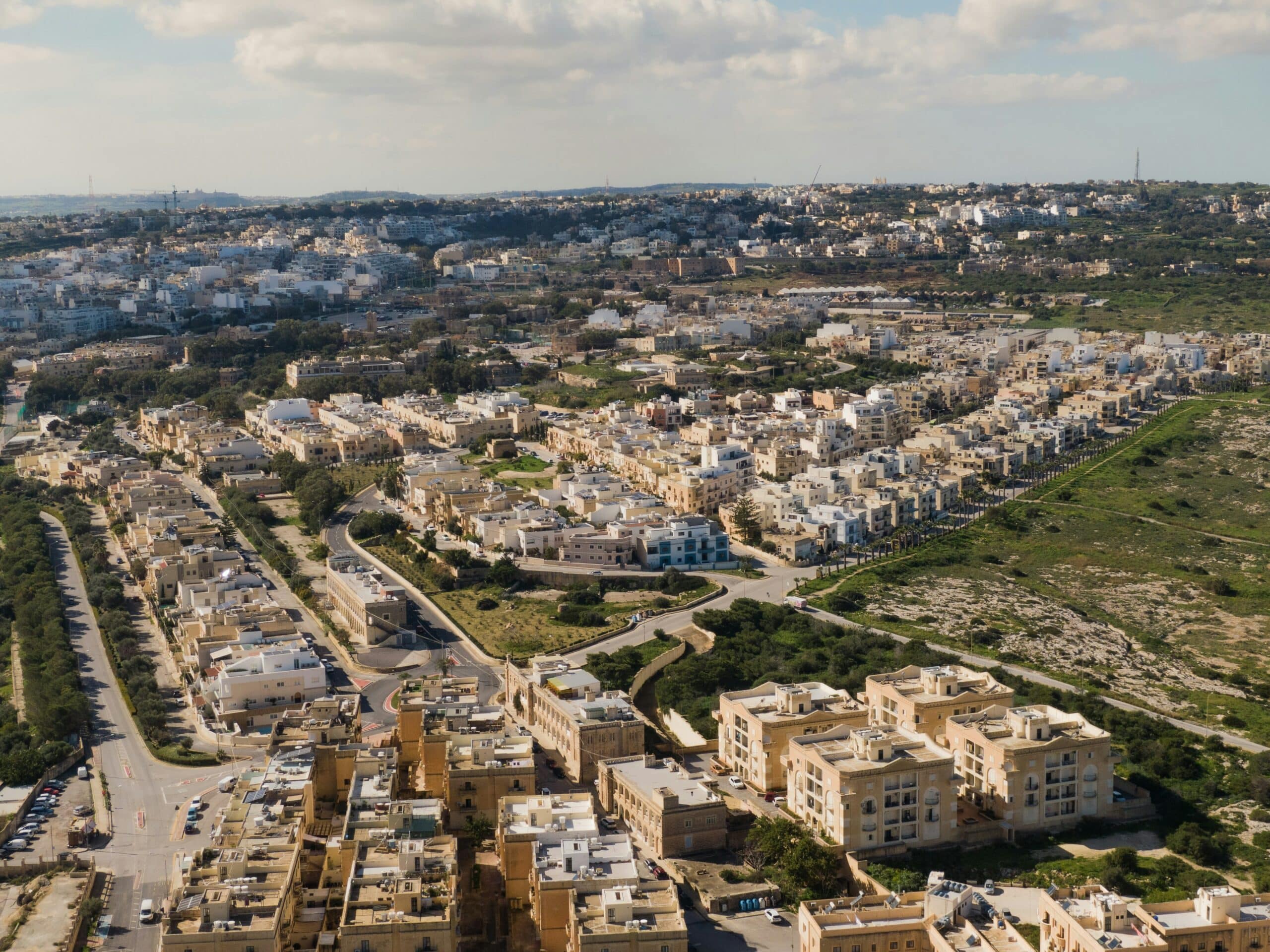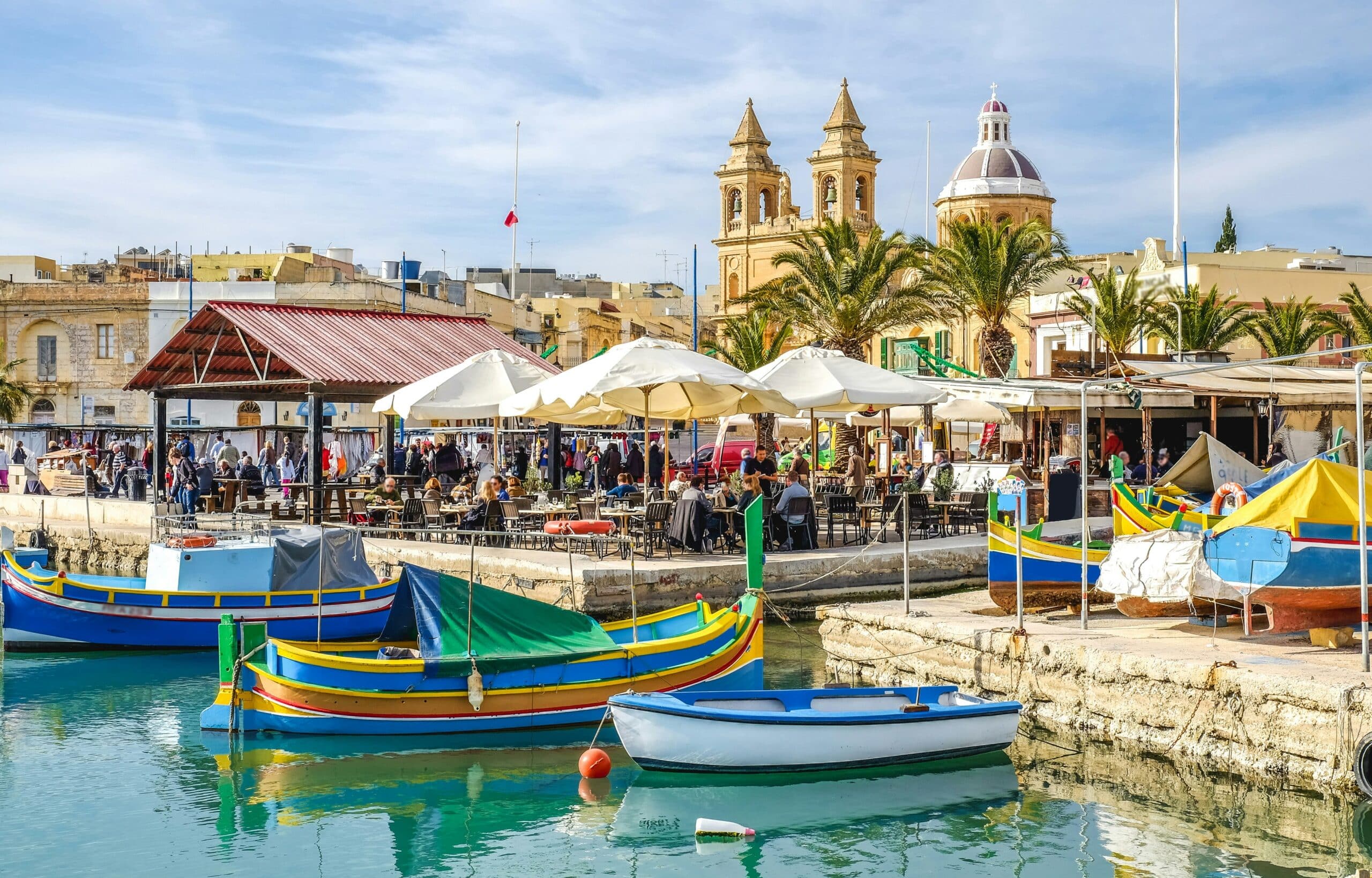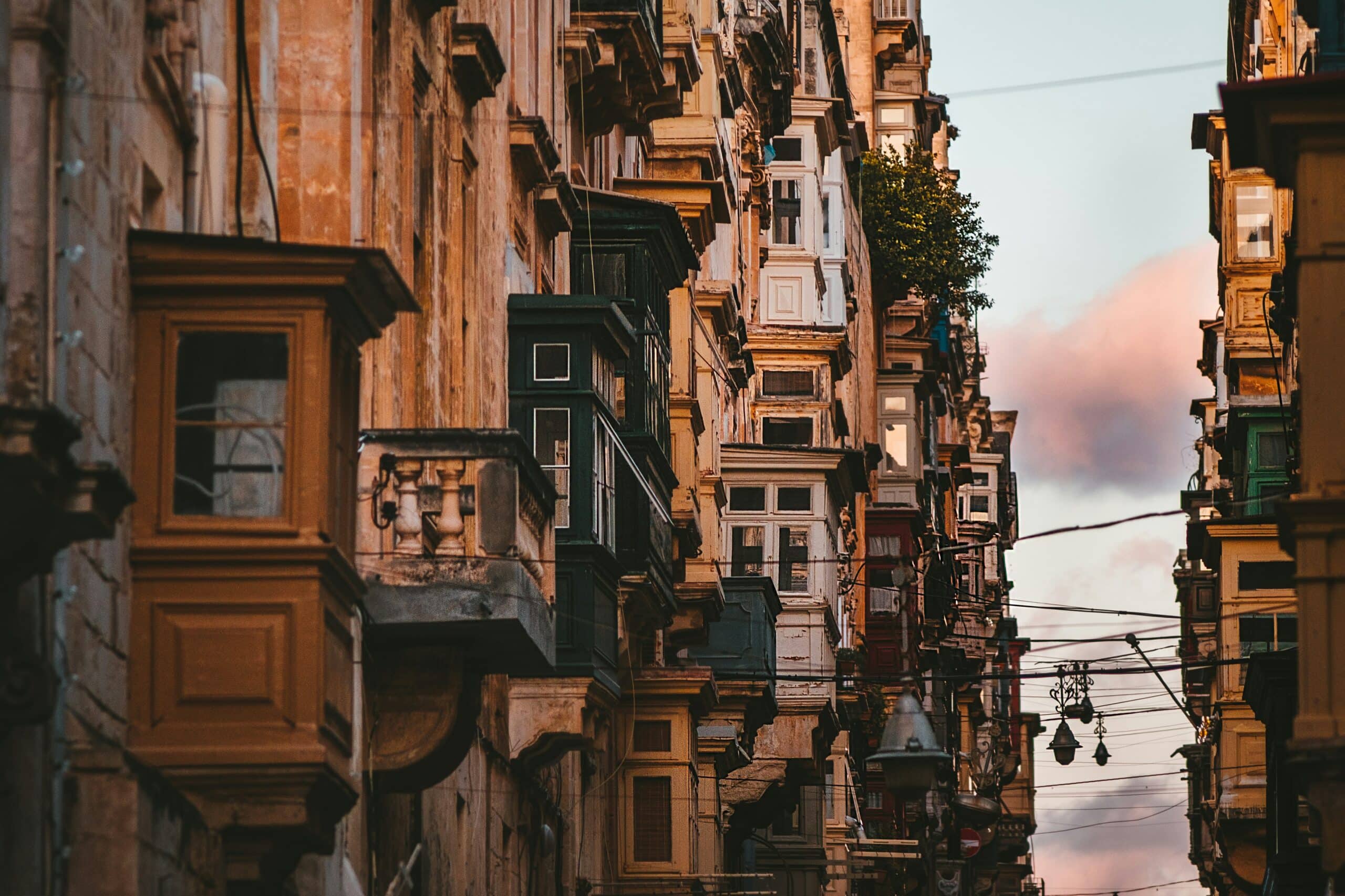Acquiring Residence in Malta
In today’s interconnected world, many individuals are exploring opportunities to live in countries that offer both attractive tax advantages and a superior lifestyle. Malta, strategically positioned in the Mediterranean, has become a preferred destination for those seeking a balanced approach to taxation, legal certainty, and quality of life. Its welcoming environment and unique tax system make it especially appealing for individuals who choose to become residents without changing their domicile.
Exploring the resident non-domiciled tax regime
Malta operates a remittance-based taxation system for individuals who establish tax residency in the country. This tax regime is one of the most favourable in Europe. An individual who is resident, but not domiciled in Malta, is only taxed on foreign income that is physically brought into Malta and on income generated in Malta (such as employment income). Foreign capital gains are not taxed, even if brought into the country.
Key advantages:
- No wealth, inheritance, or gift taxes in Malta
- Double tax treaty coverage with over 80 jurisdictions supports foreign tax relief
- Foreign income not remitted to Malta is not taxed in Malta
- No tax on foreign capital gains, even if remitted
- A €5,000 minimum annual tax applies, if foreign income does not exceed €35,000
- Expat-friendly environment, with English widely spoken, and a strategic location in the EU
Residency Options
Malta offers several residency schemes through which non-domiciled individuals can establish residency. These structured programmes provide attractive fiscal benefits tailored to different profiles, however, they are not the only routes to residing in Malta, and alternative residency options may be available depending on individual circumstances.
- The Global Residence Programme (GRP) - For non-EU/EEA nationals. Flat 15% tax on foreign income remitted to Malta, with a minimum annual tax of €15,000 for the applicant and dependents. Requires qualifying property, health insurance, sufficient means, and no more than 183 days spent in another jurisdiction
- The Residence Programme (TRP) - Provides similar tax benefits to the GRP but is targeted at EU/EEA/Swiss nationals.
- Malta Retirement Programme (MRP) - For pensioners from the EU/EEA/Switzerland. Allows flat 15% tax on foreign pension income remitted to Malta (pension must represent at least 75% of total chargeable income). A minimum annual tax of €7,500 applies, plus €500 per dependent
- Highly Qualified Persons (HQP) - For senior roles in sectors such as financial services, gaming, aviation and similar industries. Employment income is taxed at a 15% flat rate up to €5 million, excess is tax-exempt
- The Nomad Residence Permit – For non-EU nationals to legally live in Malta while working remotely for a foreign employer, running their own foreign-based business, or providing services to clients abroad. The permit offers a 12-month income tax exemption on income earned from this ‘authorised work’. Upon renewal after the first year, a reduced flat tax rate of 10% applies to such income, regardless of whether it is remitted to Malta. Any other income remitted to Malta is taxed at up to 35%. The above programmes can be used to establish Malta tax residency and access the resident non‑domiciled regime, subject to meeting the necessary conditions.
General Application Process
Applications for most of the above programmes must be submitted through an Authorised Registered Mandatary (ARM), who acts as the official intermediary with the Maltese tax authorities. The ARM assists with preparing and submitting the application, including all necessary supporting documentation such as proof of property ownership or lease, health insurance, income sources, and character declarations. Once submitted, the applicant receives a Letter of Intent, followed by final approval after further due diligence. Successful applicants receive confirmation of special tax status and must comply with ongoing requirements such as annual tax filings, maintaining qualifying property and insurance, and residency obligations.
Ordinary Tax Residence versus Domicile
To qualify for ordinary residence, an individual must be tax resident in Malta, typically by spending 183 days in a calendar year, or by demonstrating a clear intention to reside in Malta based on lifestyle factors such as housing and economic ties. The individual must not be domiciled in Malta, meaning that the permanent legal home is located elsewhere, with an intention to return. Once residency is established (often evidenced by a Tax Residence Certificate) there is no statutory time limit on how long the resident non-domiciled tax regime may be enjoyed.
How We Can Help
At DFK Malta, we combine technical expertise with a personalised approach to help individuals make the most of Malta’s attractive residency and tax landscape. Our services include:
- Residency Strategy – We assess the unique circumstances of the individual to recommend the most suitable residency programme aligned with the person’s goals.
- Application Management – As Authorised Registered Mandataries (ARM), we handle the entire application process, ensuring it is accurate, timely, and compliant.
- Tax Optimisation – We provide tailored tax structuring, involving corporate restructuring options for individuals who wish to relocate their assets to Malta.
- Ongoing Support – From annual tax filings to remittance compliance, we offer continued guidance to maintain the residency benefits year after year.
Key Contacts










